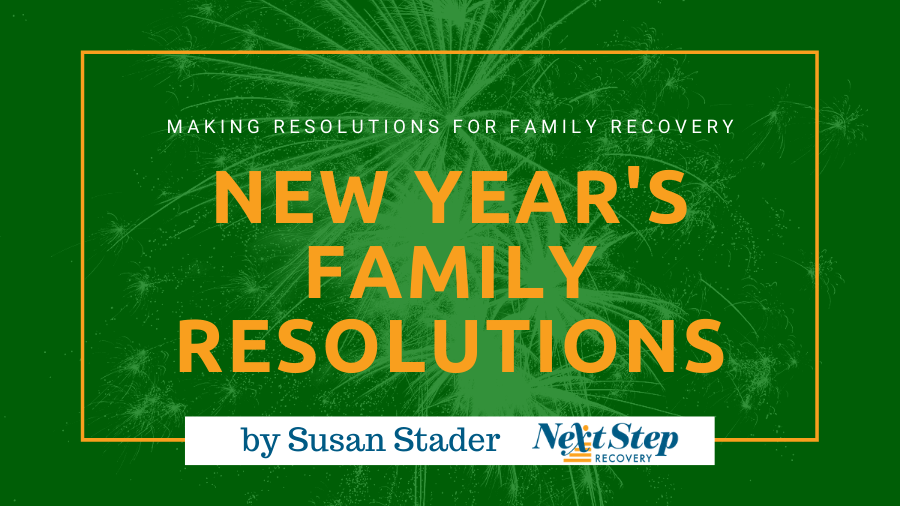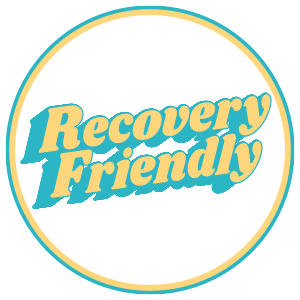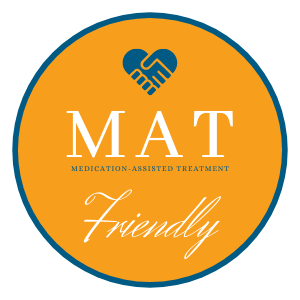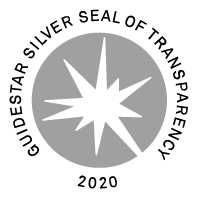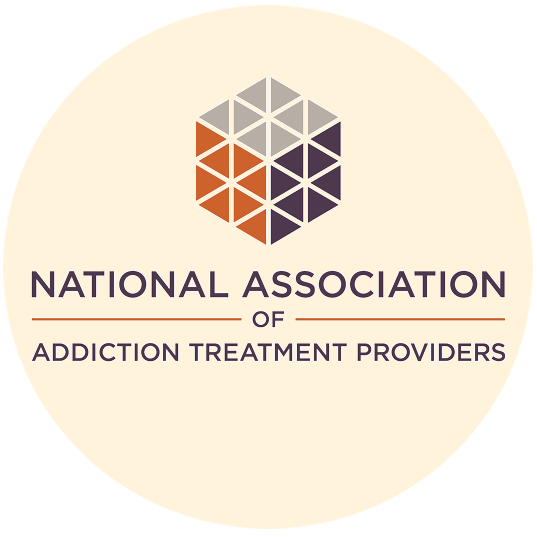When someone we love embarks on a recovery journey, it represents a unique opportunity for everyone in the family. It opens the door for not just one recovery, but many. But where does this door lead? And what exactly does recovery mean?
When many of us first enter recovery, we set our sights too low. We take that word literally and try to figure out how to recover our “normal” life, the one we had before our addictions and their consequences got so out of hand. At some point, it dawns on us that “normal” probably wasn’t so normal or healthy after all. We realize recovery is an opportunity to develop strengths, hope and courage we never knew we had. We discover that committing to recovery can help us create a new normal that is much more powerful than our old coping and defense mechanisms.
This definition of recovery goes beyond the person who was using substances to include all those in relationship with him. And it’s available to anyone who is willing to take the next step toward healing. That’s where you come in.
This year, you can claim your own personal recovery which, paradoxically, helps everyone else claim theirs too, including your family member recovering from substance abuse. Even better, your recovery is not dependent on anyone else’s. Your efforts, and yours alone, will determine just how much healing you experience.
Where would you like recovery to take you in this year?
Top 5 Recovery Resolutions for Families in Recovery
The New Year is a great time to set intentions. Here are some of my favorites for families in recovery:
1. Take your next step
Or better yet, take 12. You expect your family member to go to 12-step meetings and work the steps with a sponsor. Doesn’t it make sense for you to do the same? Groups like Al-Anon, Codependents Anonymous, and Adult Children of Alcoholics can help you understand why we call addiction a “family disease.” These groups can be wonderful sources of support and encouragement.
2. Claim your independence
Start by exploring your codependence. Do you know where you end and your loved one begins? Are your emotions directly tied to others’ behaviors? Many addicts in early recovery admit they don’t know who they are or what they feel. You may not be so clear either. Melody Beattie’s books on codependence can help you start exploring and setting healthier boundaries.
3. Build better boundaries
If you are working on releasing codependence, you are well on your way. Learning to pause before you commit to requests will help ensure you set and honor your boundaries. In the pause, you might want to consult with your Al-Anon sponsor or your loved one’s therapist before
agreeing to anything. Old patterns die hard. Ironically, pausing can help you break them more quickly.
4. Love the one you’re with
Boundary setting and detaching from others’ emotions can feel lonely at first. Worrying about your loved one takes up enormous amounts of time and energy, and stopping that dysfunctional pattern can leave an enormous hole. Luckily, there’s someone else worthy of your attention. Your recovery will take off when you learn to take better care of yourself, and you’ll set a wonderful example.
5. Practice patience
Recognize that recovery… yours and your loved one’s… is a process and not a “one-and-done” event. It takes daily effort. One of my colleagues used to say, “Rome wasn’t built in one day” as a reminder that change is possible if we work toward it on a daily basis. A mindfulness practice such as meditation or yoga can help you practice patience while you build a strong foundation in recovery.
Know someone who might benefit from this post? Please like and share this post with them. Or, if you have questions or comments, please leave them below! We’re always looking for ways to keep the conversation about recovery going. Education is one the most powerful tools we have combat addiction.


